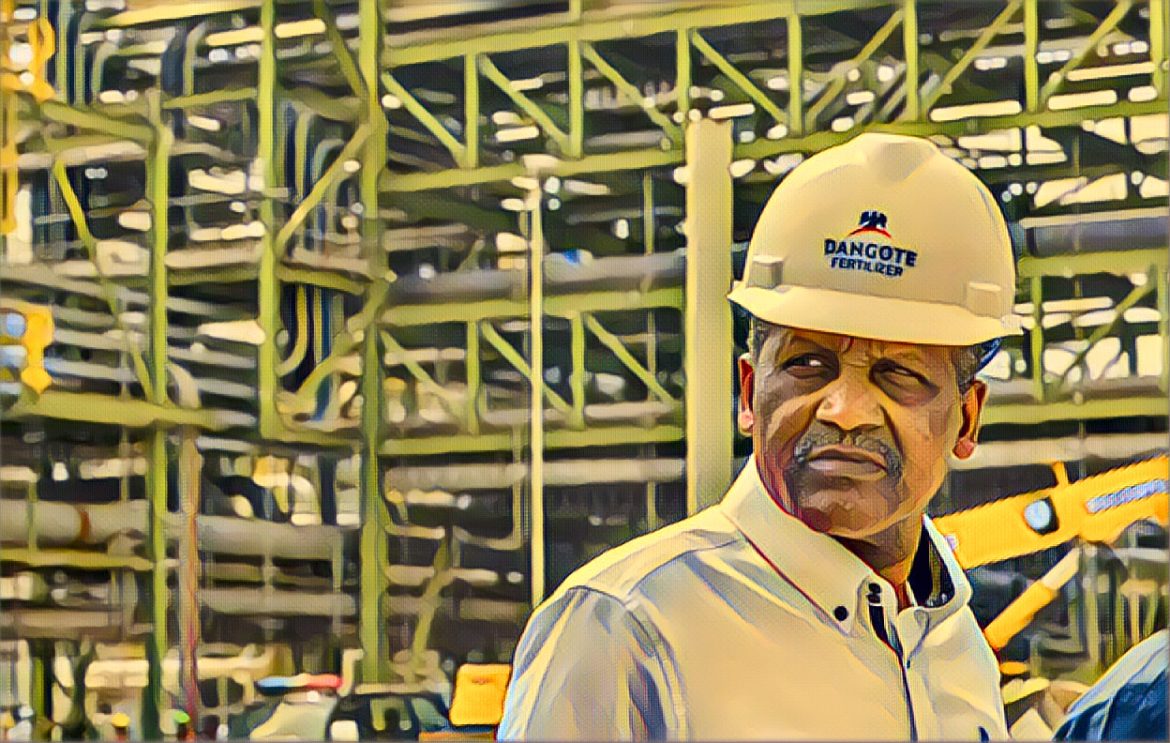Independent petroleum marketers in Nigeria are eyeing the Dangote Petroleum Refinery as a potential game-changer for the nation’s fuel market. With the refinery set to release its Premium Motor Spirit (PMS), commonly known as petrol, expectations are high that the new player could offer fuel at a price between N600 and N650 per liter. This would represent a significant decrease from current market prices, where many marketers purchase petrol at over N700 per liter from private depots.
Marketers Pin Hopes on Dangote’s Pricing
The Independent Petroleum Marketers Association of Nigeria (IPMAN) has voiced optimism that the refinery, with its $20 billion investment, could lead to a substantial reduction in fuel costs. According to Hammed Fashola, IPMAN’s National Vice President, the Nigerian National Petroleum Company Limited (NNPC) is currently selling petrol to marketers at N570 per liter. However, many marketers are forced to buy from third-party depot owners at much higher rates.
“We are marketers; we go for the best,” Fashola stated in an interview. “If Dangote’s pricing is favorable, we will certainly take that opportunity. A price between N600 and N650 per liter would still be acceptable.” He added that the NNPC’s pricing model likely includes hidden subsidies, which complicates the market dynamics.
Dangote’s Impact on Diesel Fuels Optimism
The success of the Dangote refinery in reducing diesel prices has further fueled expectations. When the refinery began diesel production, prices dropped from around N1,600 to as low as N1,000 per liter. Diesel prices now hover between N1,150 and N1,200 per liter, providing hope that petrol prices could see a similar decline.
However, challenges remain. The ongoing crude supply crisis presents a significant hurdle for the Dangote refinery. Even if crude is purchased in naira, international market prices will still impact production costs, making it unclear whether the refinery can deliver on the anticipated price reductions.
The marketers’ association has already engaged in business discussions with Dangote Refinery officials about a potential partnership. “We are on course,” Fashola said. “We are waiting for the final details to be worked out.”
Challenges Loom Despite Optimism
Despite the optimism surrounding Dangote’s entry into the petrol market, the ongoing crude supply crisis remains a significant challenge. The refinery, with its 650,000 barrels per day capacity, was expected to start petrol production by mid-August. However, issues related to crude supply have delayed the rollout.
The refinery’s ability to influence petrol prices will largely depend on securing a steady and cost-effective crude supply. While the potential for lower petrol prices offers hope for consumers, industry experts caution that the situation remains fluid.
With the final details of the partnership between the marketers and the refinery still under discussion, the Nigerian fuel market stands on the brink of potential transformation. The coming weeks will be crucial in determining whether Dangote can meet these high expectations and deliver the much-needed relief at the pump.
Source: Punch


